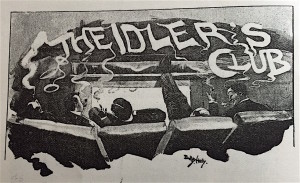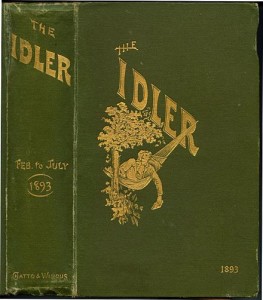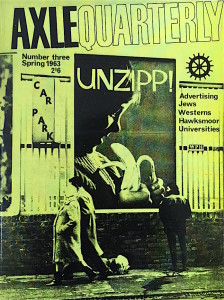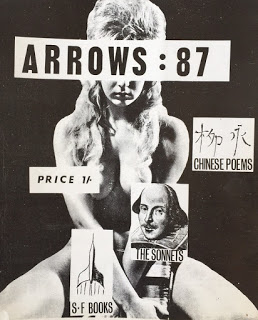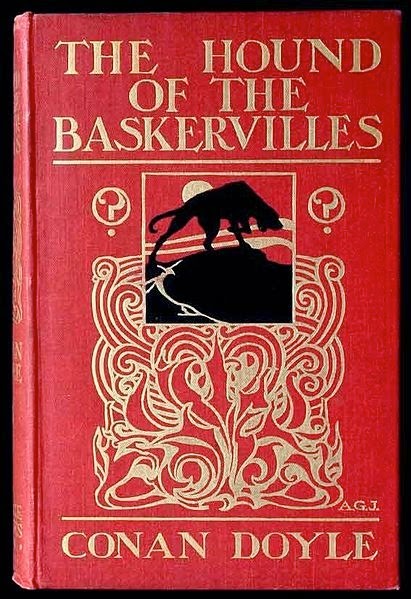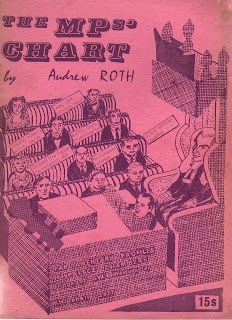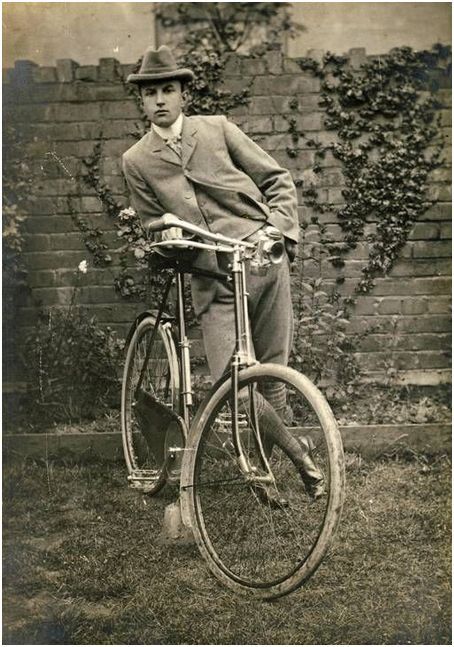
It is interesting to note that although the Paris Metro began its operation s in July 1900, this ‘ revised and updated ‘fourth edition of The Continong, which bears the date of 1906, omits to mention the existence of the famous rapid transportation system. This is bizarre, especially when under the heading ‘ Buses and Trams ‘ Mr Anar de la Grenouillere, complains about the extreme slowness of these old methods of transport which the Metro was partially designed to replace.
Phrases of politeness and greeting
‘ …never answer oui nor non along to a question; that’s English, but always add@ Monsieur, Madame, or Mademoiselle; that’s French.
…use the words Monsieur, Madame, Mademoiselle freely; sallow your insular pride, and do in France as the French do. Take of your hat to men as well as to ladies, when you meet them or come up to speak to them. If you have been introduced to a person, lady or gentleman, older than yourself, take off your hat first, when you meet him or her. Contrary to what is the custom in England, never wait for a lady to bow to you before taking your hat off to her.
When you are going to pay a call put your gloves on. When you are asked ti dinner, keep them on after being shown into the drawing- room until you go into the dining-.room. Don’t excuse yourself for wearing gloves when you are shaking hands. It is not only permissible but customary to shake hands with gloves on . Fashion has decreed it. The reason is this: in France gloves are not merely put on to prevent than hands from getting dirty, as seems to be the case in England, but they are part of the dress, i. e an ornament. Never wear soiled gloves when you are in Sunday attire…
Post-Offices.
When you get into a Post-Office in Paris, or in any other large French town, the first thing you notice is the foulness of the air. So, take a long breath before you go in…there are not nearly enough Post-Offices on Paris, and the result is that at certain hours of the day they are crowded beyond endurance. Moral:::::::: NEVER go to a Post-Office to buy a stamp, go to a Tobacconist’s…
N.B. Most Post-Offices are provided with a Cabine telephonique publique.
Letter boxes.
‘…There are a few pillar-boxes after the English style in Paris, but these have been painted a dark green colour, so they are not very conspicuous. They also sometimes have advertisements posted at the top of them; hence the pillar-box lloks like an ordinary pillar and not a receptacle for letters…
Tobacconists
…To most Frenchmen, English baccy tastes like hay, and is only fit for…Englishmen…
Continue reading

